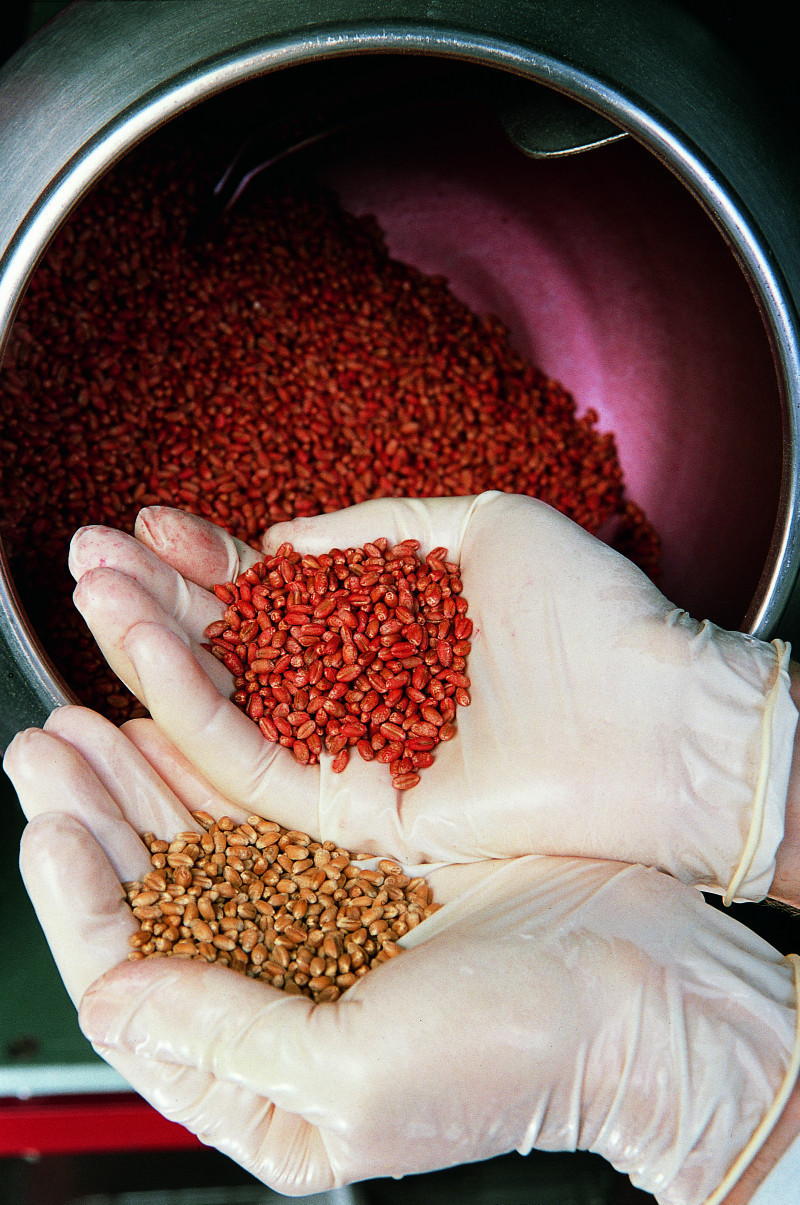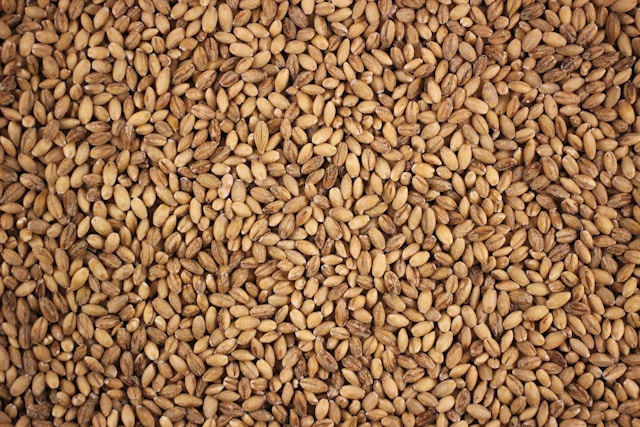The public debate on the draft law regarding seeds and planting material of agricultural and ornamental plants lasts until November 19, and the Ministry of Agriculture is organizing a round table on November 15 at the Palace of Serbia. Representatives of state authorities, experts, business associations, business entities and other interested parties can participate in the meeting. All suggestions and comments can be sent by email or in writing to the address of the ministry.
The draft law regulates production, processing, quality control, packaging, marking, placing on the market, post-control tests and import of seeds and planting material. It covers a wide range of plants, including cereals, industrial plants, potatoes, vegetables, fruits, vines and ornamental plants. The Ministry has the authority to define additional types of plants to which the law applies. Exceptions include samples intended for scientific research, traditional varieties and seeds for export.
The law introduces standards for quality control, sealing, certification and rules for import and export. The rights and obligations of the ministry, which maintains registers, supervises production and issues certificates, are also regulated. Specific tasks, such as laboratory tests, can be entrusted to accredited institutions that meet strict criteria.

The seed sector is being modernized
Penalties for non-compliance with the law are foreseen, ranging from 2,000 dinars to two million dinars. The goal of the law is harmonization with European standards, which improves the quality of domestic seeds and planting material, which will facilitate export and increase competitiveness. The law is expected to have a positive impact on farmers, producers and exporters, enabling them to do better business and access global markets.
These legal solutions lay the foundations for the modernization of the seed and planting material sector, which supports the sustainable development of agriculture and raises the level of plant protection. Also, it is expected that the new regulations will contribute to safety in trade, guaranteeing quality and compliance with international standards. Setting clear rules, procedures and penal provisions contributes to creating a more stable and competitive environment for domestic producers and exporters.

The adoption of this law represents a step forward towards the integration of Serbia into the European agricultural system, while raising awareness of the importance of the quality of seeds and planting material in the development of the modern agricultural sector. It is expected that the discussion will contribute to the adoption of the best solutions, which will meet the needs of all interested parties.
Source: AgroTV
Source: boljazemlja.com


